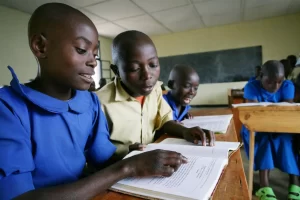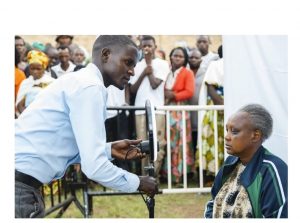Unlocking Young Minds: The Crucial Role of ECDs and Play-Based Learning in Rwanda’s Early Childhood Development
3 min read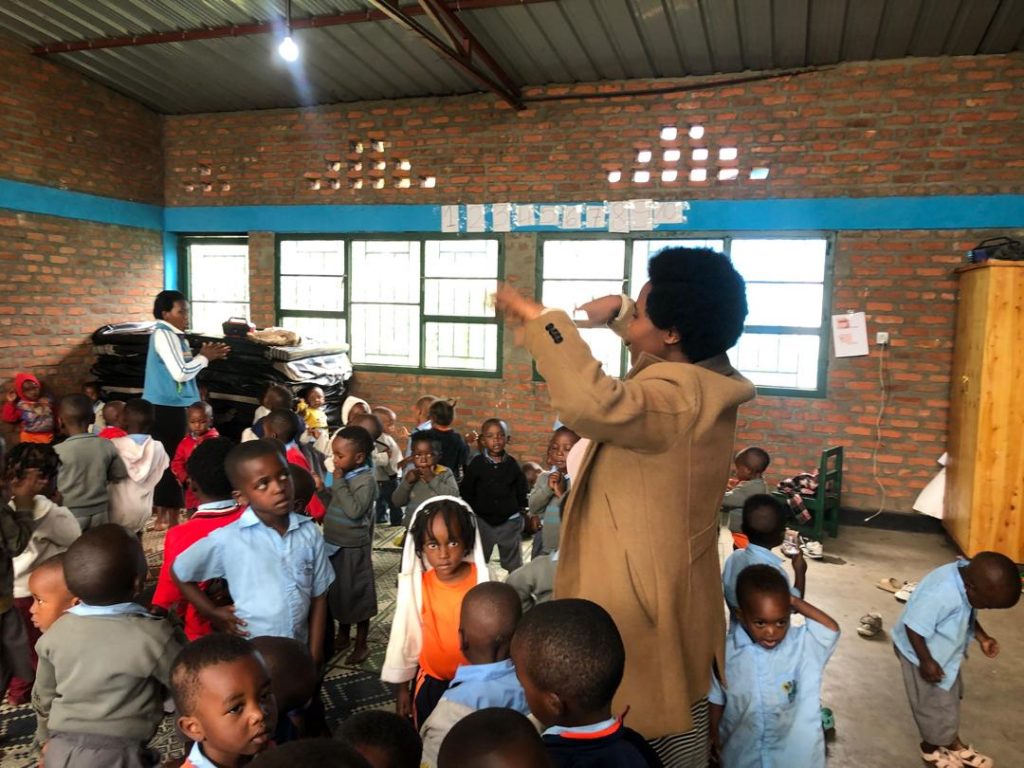
Early Childhood Development (ECD) centers across Rwanda are playing a transformative role in nurturing children’s cognitive, emotional, and social growth through structured play-based learning. As the country strengthens its commitment to child development, parents, educators, and national stakeholders are increasingly recognizing ECDs as essential foundations for lifelong learning and well-being.
In Burera District, parents whose children attend ECD centers are witnessing remarkable changes in their children’s behavior, social interaction, and learning ability. Clementine Hagenimana, a mother from Kamanyana Cell, Cyanika Sector, is one of many who applaud the impact.
“Before my child joined the ECD, he struggled to interact with others. Now he is more confident and gets along well with his peers,” she shared. “He has also learned self-care skills, like using the toilet independently. Through games like singing, jumping, and counting, his mind has really opened up.”
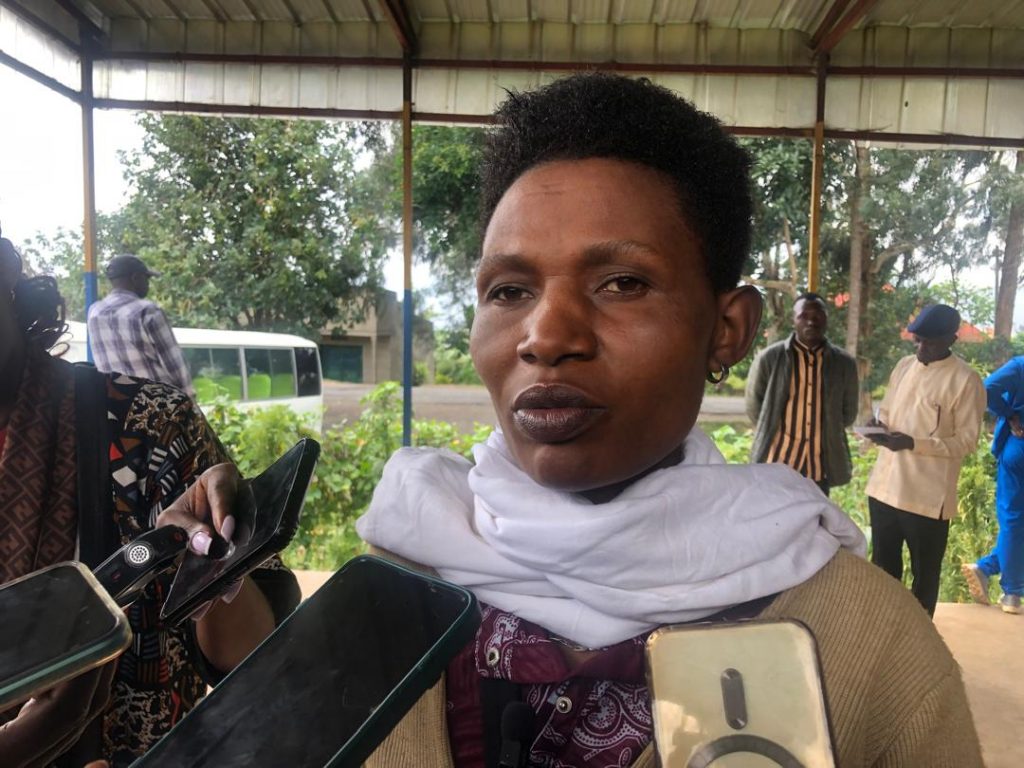
Hagenimana emphasized the added value ECDs bring to families. While children are in a safe, caring environment, parents have time to engage in economic activities with peace of mind.
“We know that young children need to play to stimulate brain development. As parents, we support that at home too creating simple toys, letting them explore. Beating a child for playing is not right; even when they play with mud, they are discovering, learning like little scientists,” she added.
Learning Through Play: The ECD Approach
At ADEPE ECD Center in the same district, Innocent Maniragena, the center director and educator, explains how play is intentionally used to support early learning. Children engage in singing, drumming, and playing with balls and musical instruments like inanga and ingoma, all tailored to stimulate mental development.

“When children sing or dance, they retain information better without even realizing they are learning. Play makes them comfortable, encourages interaction with the teacher, and supports self-expression,” Maniragena explained. “Unfortunately, we still lack enough play materials. Most of what we use comes from donors or is handmade, like knitted dolls and balls.”
This hands-on, interactive teaching method aligns with what Jean de Dieu, an early childhood teacher at GS Gatarama, describes as “modeling.” He believes children are visual learners who grasp concepts best through storytelling and imitation.
“When you demonstrate a behavior or tell a story, it captures their imagination. Storytelling is powerful it not only entertains but also helps shape attitudes and understanding,” he said.
ECDs: A National Strategy for Child Protection and Development
The National Child Development Agency (NCDA) also champions ECDs as a holistic service, not merely a physical space. Jean Paul Nyandwi, a child protection officer at NCDA, emphasized that all types of ECD services whether center-based, home-based, or school-linked serve the same goal: to promote and safeguard the child’s development.

“Parents should bring their children to ECDs wherever available. It’s about offering them a safe, stimulating environment where their potential is nurtured early on,” he stated.
Celebrating Play Nationally: The International Day of Play
The importance of play in early learning was reinforced during Rwanda’s celebration of the International Day of Play on June 11, 2025, under the theme “Choose Play Everyday”. The Ministry of Education, in collaboration with NCDA and UNICEF, spearheaded events in ECD centers nationwide. These included music and dance performances by children, interactive games, storytelling, puppet shows, and exhibitions of locally made toys.
In her remarks, the Minister of Education highlighted that play is not a luxury but a necessity in child development.
“Children learn best through play. It improves their creativity, problem-solving, emotional intelligence, and motor skills. Rwanda remains committed to expanding ECD access and integrating play-based methods across all learning environments,” she said.
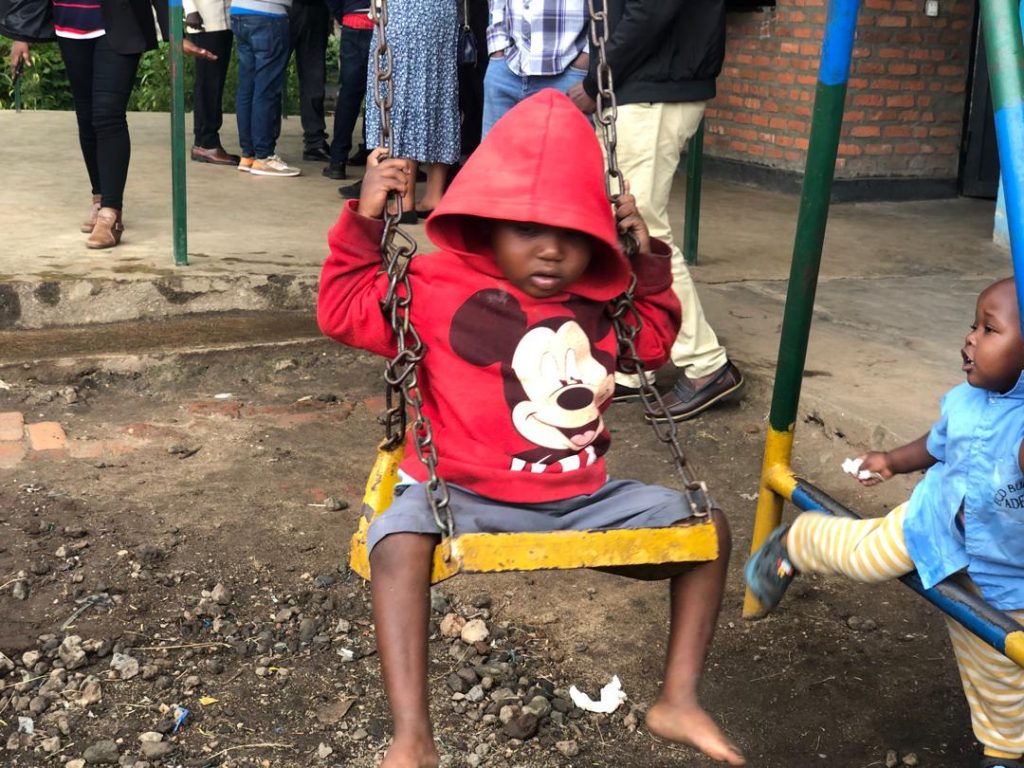
Over 5,000 ECD centers across Rwanda joined the celebration, showcasing how integrating play into structured early education helps unlock potential, especially in underserved rural areas.
Investing in Minds, Building a Nation
Rwanda’s investment in ECDs and play-based learning is a critical strategy for long-term human capital development. By equipping children with foundational skills, promoting health and hygiene habits, and fostering creativity and emotional intelligence, ECDs prepare them not just for school but for life.
Parents like Clementine and educators like Maniragena agree: when children play, they are not wasting time they are learning, growing, and opening their minds to a world of possibilities.
Mukantwali Magnifique
